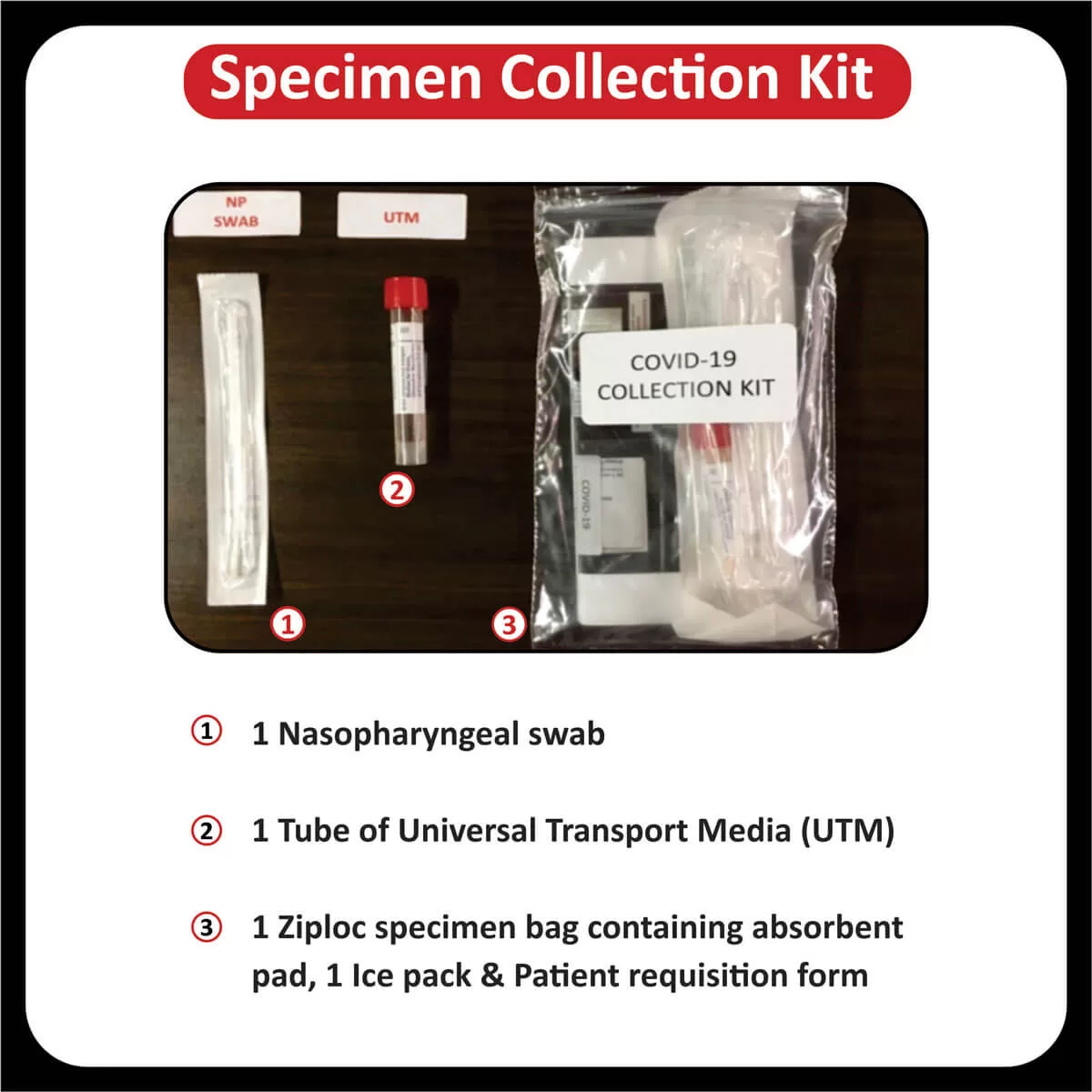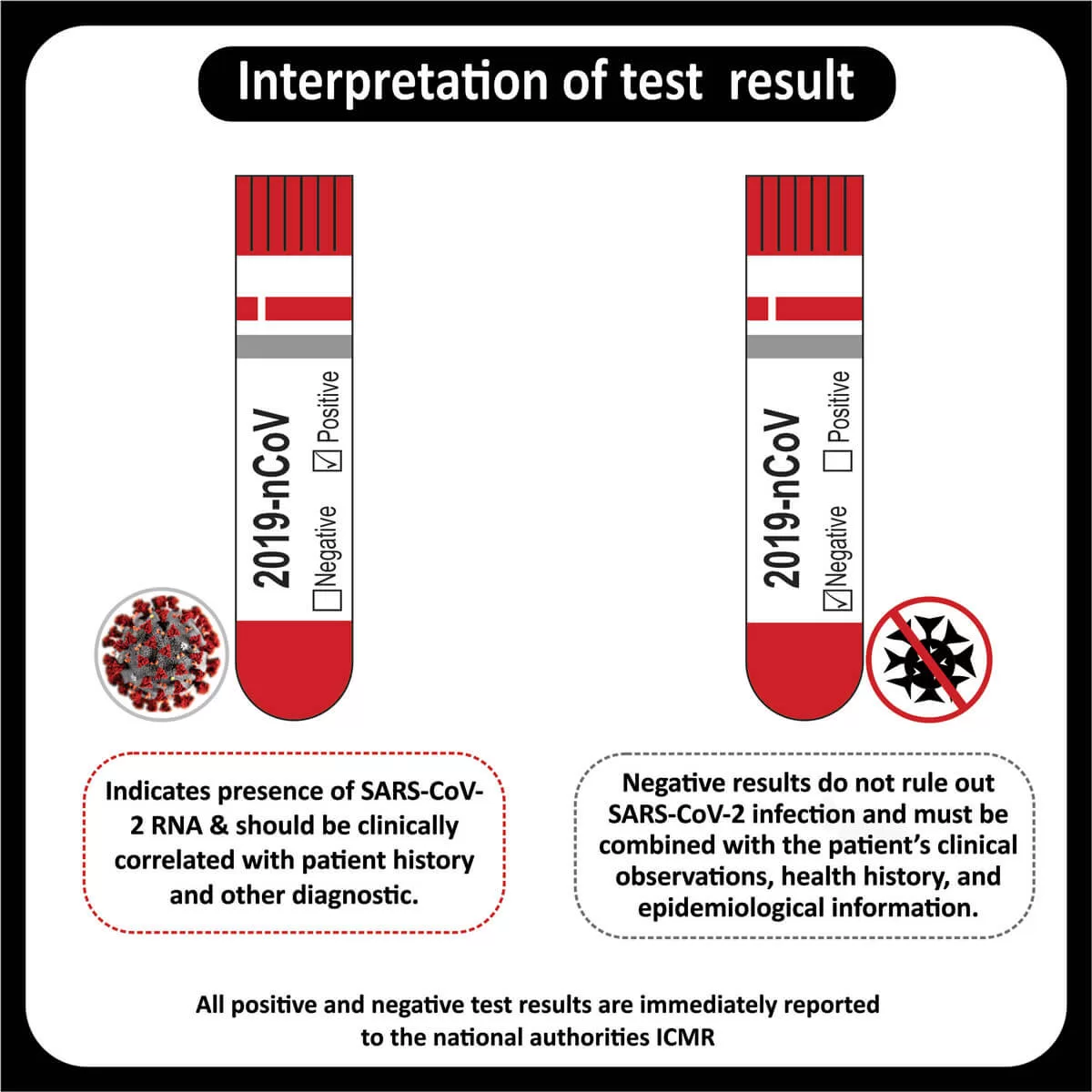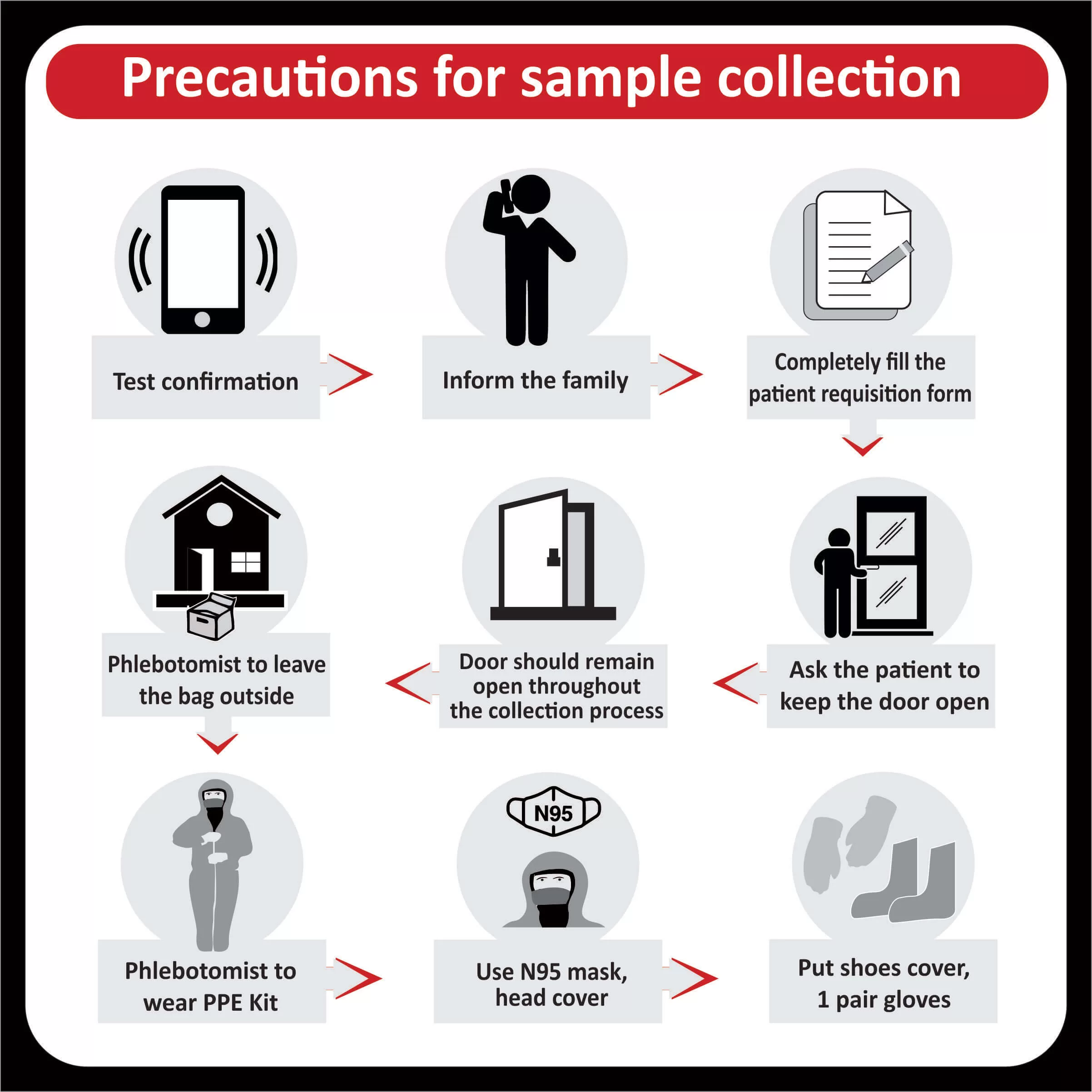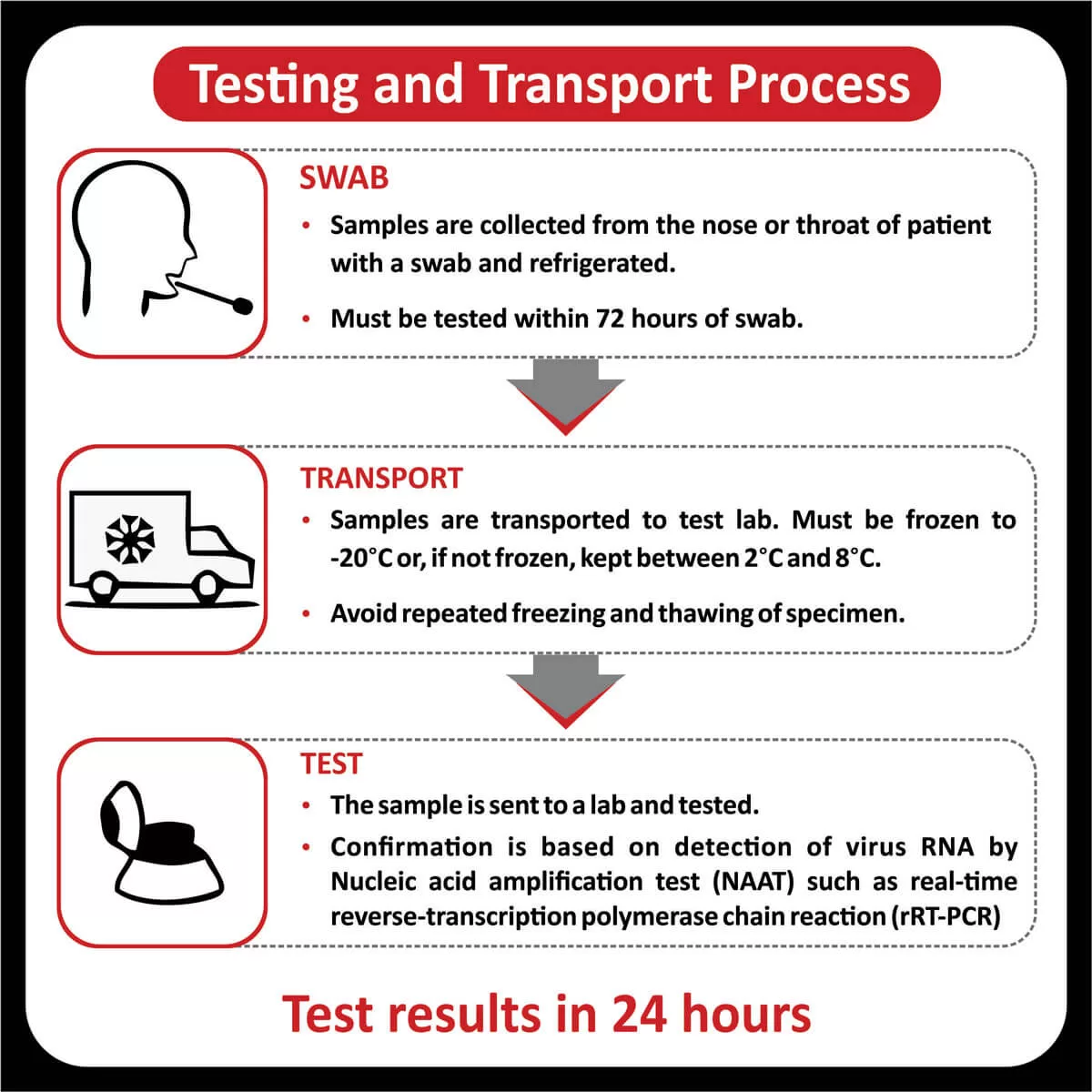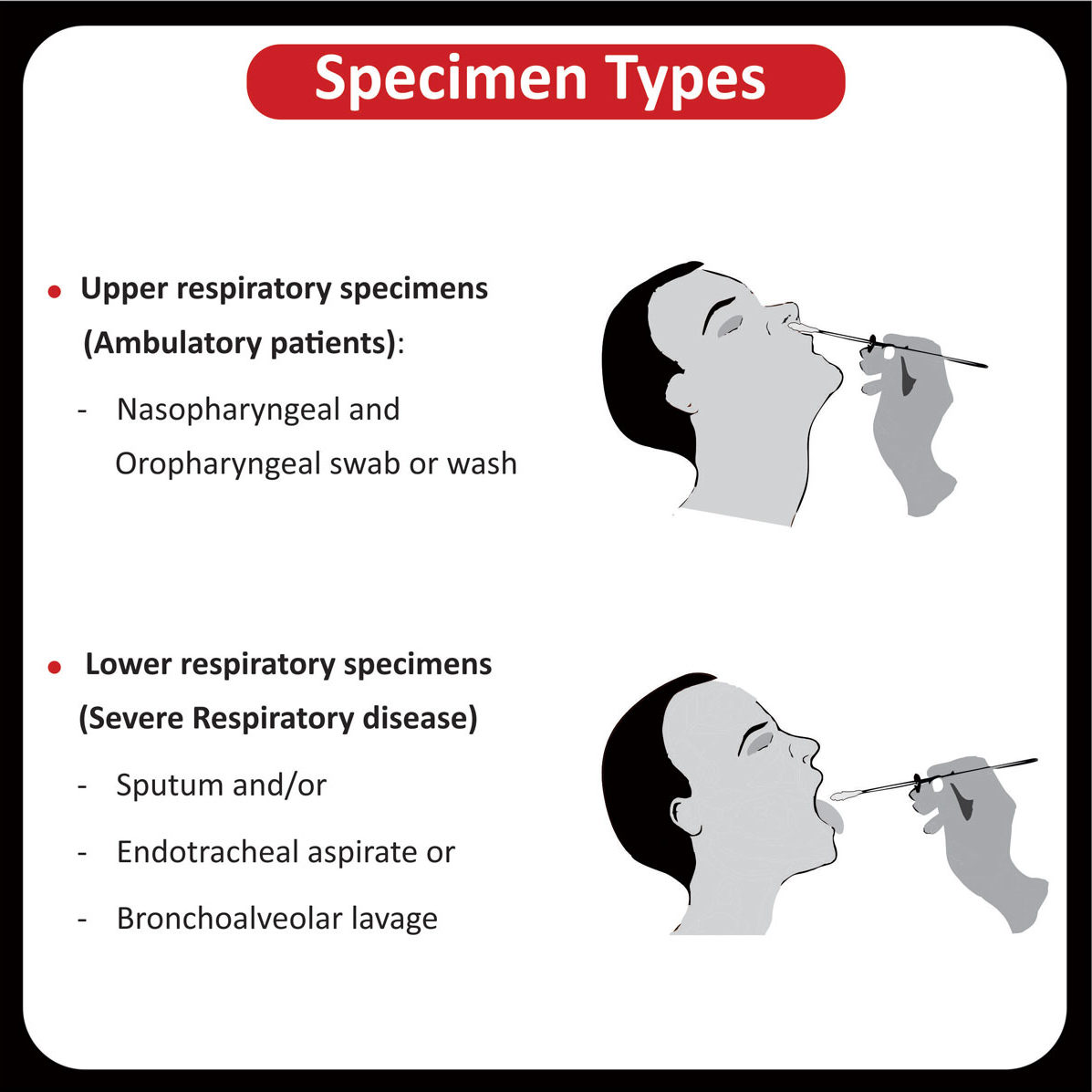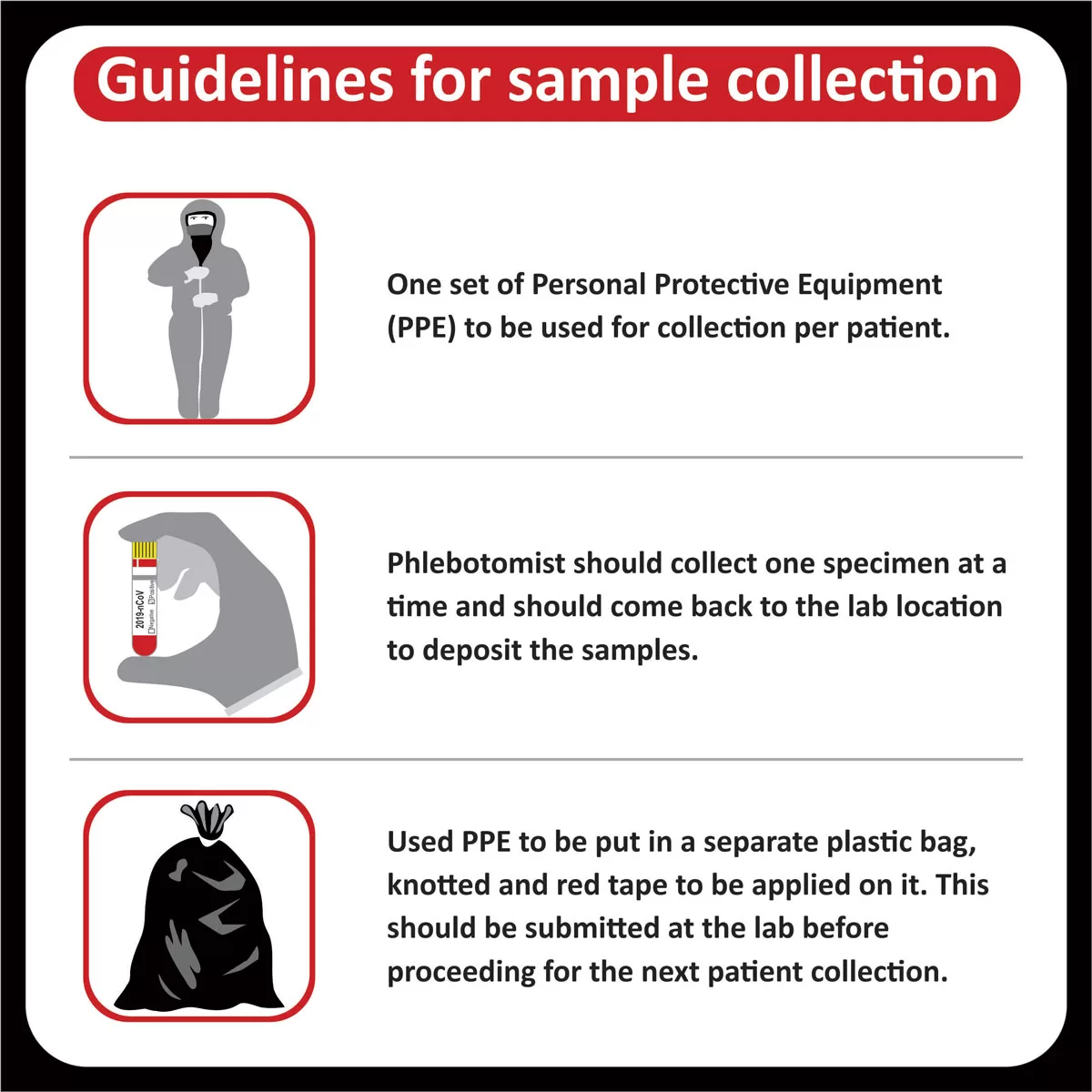FDA approved Osimertinib (Tagrisso) for the first-line treatment of patients with metastatic non–small cell lung cancer (NSCLC) whose tumors have epidermal growth factor receptor (EGFR) exon 19 deletions or exon 21 L858R mutations (Read More).
Immune checkpoint inhibitors have already been established to be effective in the treatment of non–small cell lung cancer (NSCLC) patients and a wave of new combination therapies is imminent. Addition of Pembrolizumab to chemotherapy significantly prolonged overall and progression-free survival in patients with nonsquamous non-small cell lung cancer (Read More).
Nivolumab/Ipilimumab significantly prolonged progression-free survival vs chemotherapy in patients with high tumor mutational burden (Read More). Two randomized phase III studies have found that advanced NSCLC patients fared better with Nivolumab than with Docetaxel (Read More).
Summary of findings from experts around the globe in treatment of Lung Cancer can be read here.
FDA Grants Fast Track Designation for Balixafortide in Combination with Eribulin for the treatment of patients with HER2-negative metastatic breast cancer who previously received at least two chemotherapeutic regimens in the metastatic setting (Read More).
Blocking EGFR and TNF could be a treatment that is beneficial for the majority of lung cancer patients.Researchers found that a combination of drugs–one targeting EGFR and one targeting TNF–effectively blocks the cancer from using TNF as an escape route. They are now planning to conduct a Phase II clinical trial over the coming months. (Read More).
Crizotinib showed antitumor activity in small cohort of East Asian patients with ROS1-Positive Advanced NSCLC. In terms of safety Crizotinib was well tolerated and no new safety signals were reported (Read More).
Detection of measureable/minimal residual disease (MRD) after first induction in acute myeloid leukemia (AML) may be prognostically equivalent to partial response and may help identify NPM1 wild-type standard-risk patients who could benefit from allogeneic stem cell transplantation in first complete remission (Read More).
2018 Treatment Algorithm for metastatic HER2-Positive Breast Cancer; analysis and review of trials in last two decades. Recommendations for positioning anti-HER2 agents with endocrine therapies in the treatment of metastatic HER-2 positive breast cancer (Read More).



